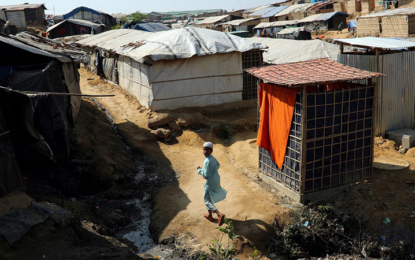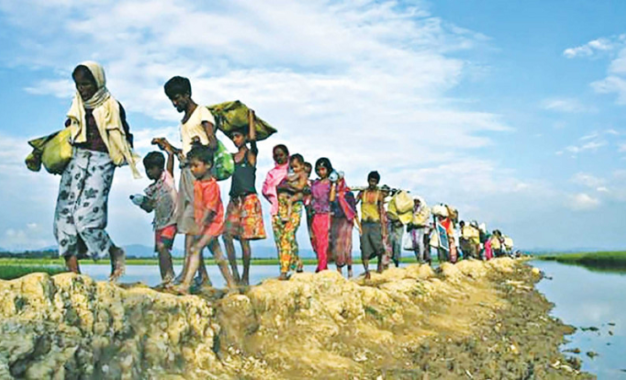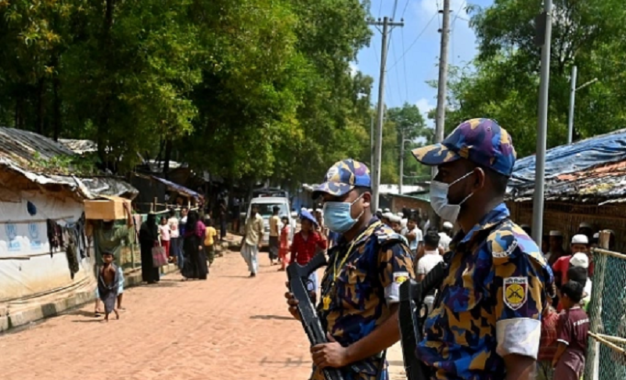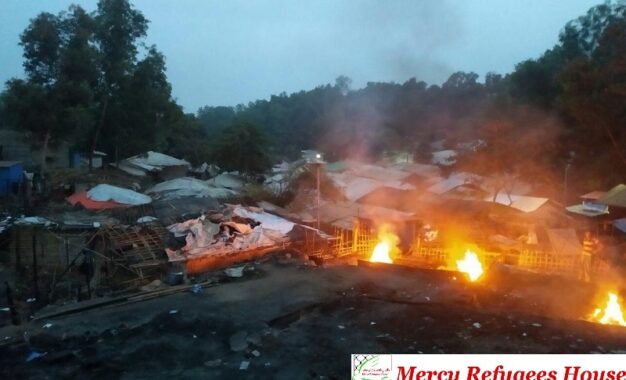Latest News
Rohingya refugee children learn to support one another
Bangladesh, Help Refugees, Human Rights, Malaysia, Myanmar, Refugees Issues, Refugees issues, Religious Rights
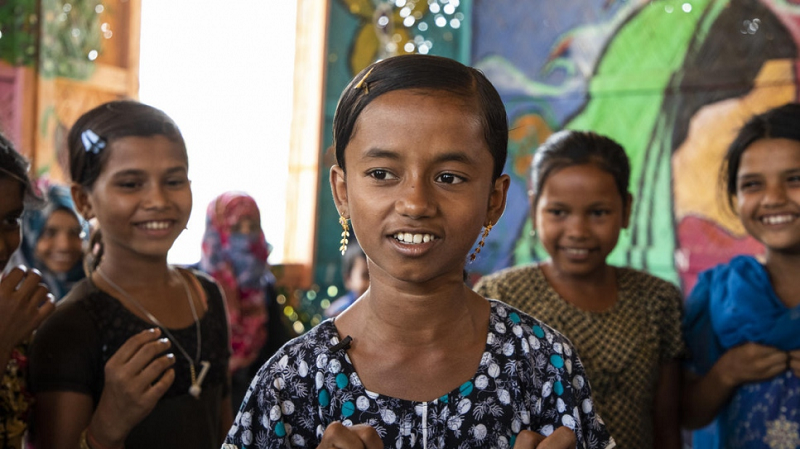
Rohingya refugee Myshara is leading a discussion group that is part of a peer-to-peer mental health programme for young refugees run with the help of UNHCR, the UN Refugee Agency, in Kutupalong camp – the largest of 34 camps in Bangladesh’s Cox’s Bazar district. The area is home to more than 860,000 Rohingya refugees, almost 55 per cent of whom are children. Most fled their homes in Myanmar in 2017. Violence, atrocities and persecution drove them out.
The young people in the group range in age from 10 to 18. They meet regularly to discuss their feelings, following a carefully scripted process. The key to the impact of these discussions is that they are led by people their own age.
Myshara is one such leader. She was identified by Rohingya community psychosocial volunteers who observed children in learning centres to find the right candidates.
Myshara admits she was daunted by the responsibility.
ALSO READ THIS: COVID-19: ADDENDUM TO JRP TO PROVIDE HEALTH SERVICES TO MORE BANGLADESHIS
“At the beginning, when I was teaching the children, I used to be afraid. Now, I’ve broken through my fears and my shyness.”
There is little shyness to be seen as she leads the group through the key messages. Among them: mental illness is not a choice; recovery is. And there is no shame in seeking help.
One of the goals of the programme, which is run by UNHCR with three partner organizations: Relief International, Food for the Hungry and GK, is to break down a tradition of cultural stoicism. Talking about feelings, particularly feelings of unhappiness and sadness, is not something Rohingya adults or children usually do.
Myshara is an example of how that is changing. When she returns to the small bamboo home on a hill that she shares with her parents and three sisters, she passes on what she has learned from the programme.
Amazon Sponsorship
Recent Posts
Jul 29, 2023
It has been close to six years since hundreds of thousands of Rohingya faced a deadly genocide by Myanmar’s military and fled the country in search of protection and refuge in neighbouring Bangladesh. The Rohingya population has been undergoing persecution, discrimination, arbitrary arrests, and atrocities in Myanmar for over seven decades. Their condition is alarmingly […]


